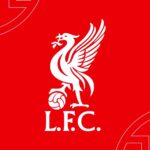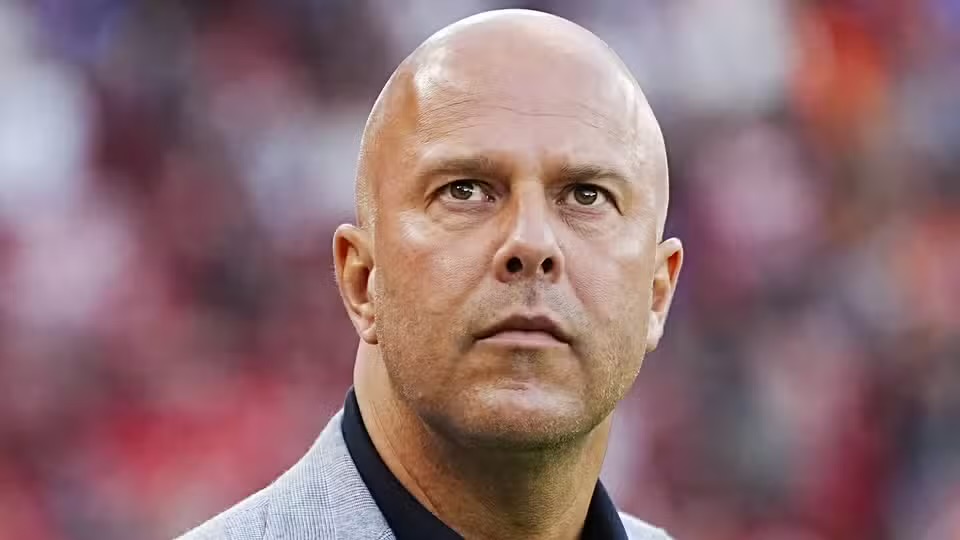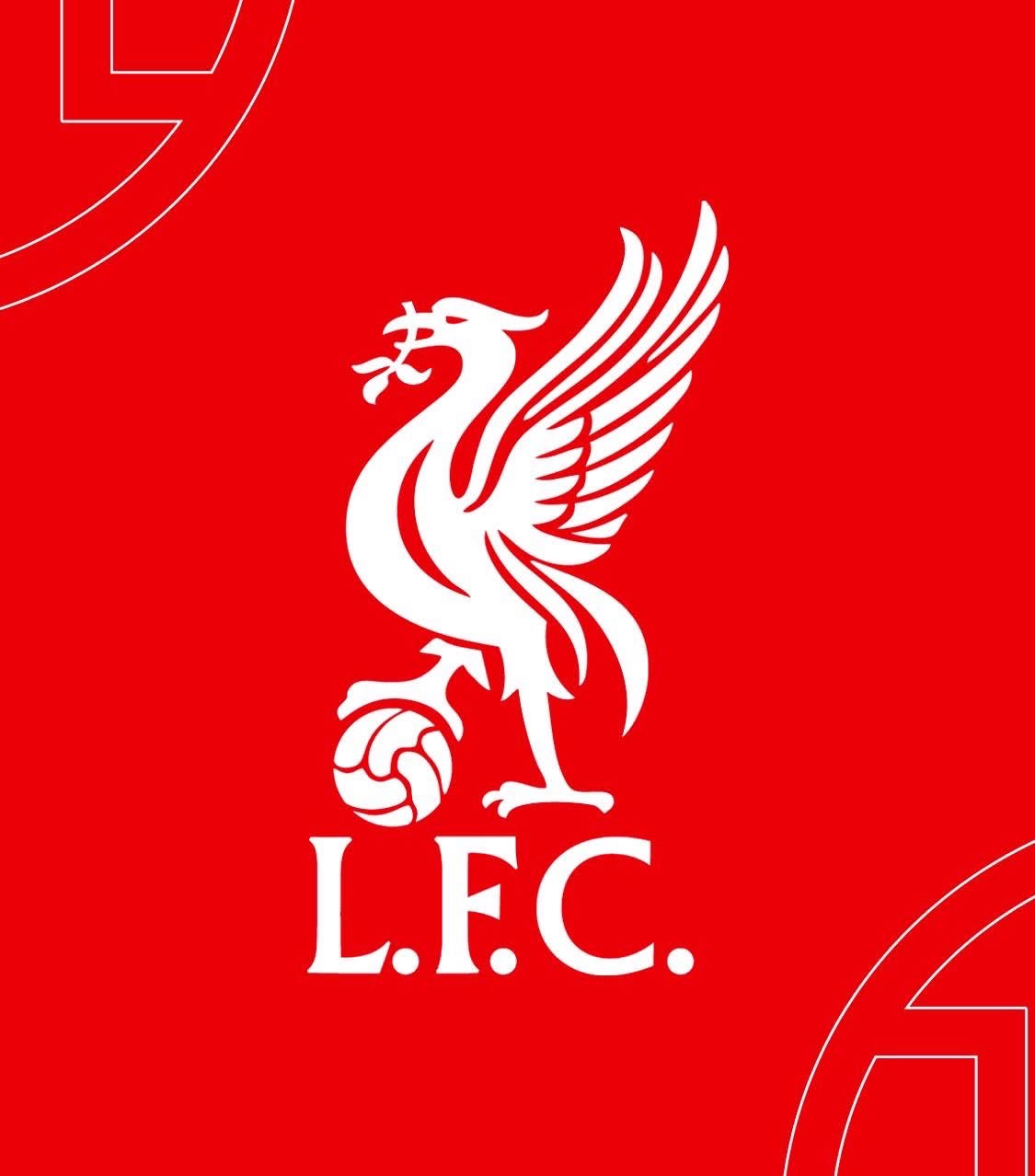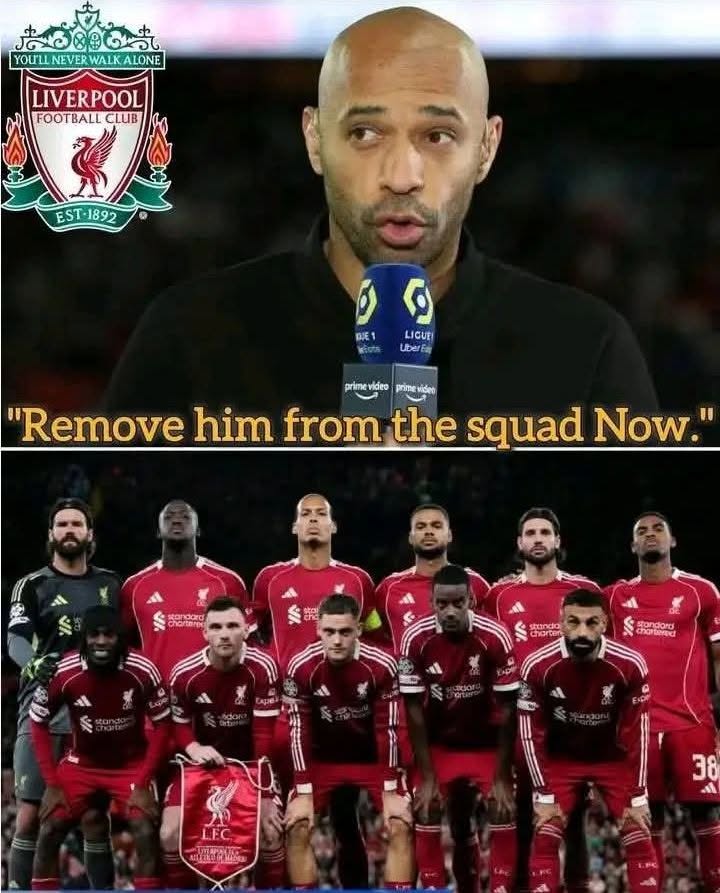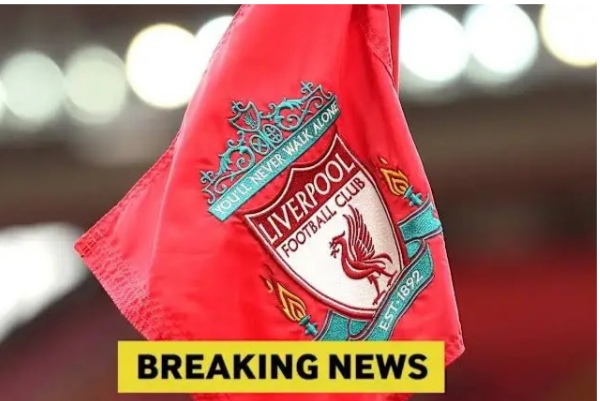Mohamed Salah and the Ballon d’Or: The Glory That Keeps Slipping Away
For nearly a decade, Mohamed Salah has stood as one of football’s most electrifying and consistent performers, yet the Ballon d’Or — the sport’s most prestigious individual honour — continues to slip through his grasp. The Egyptian forward, adored by Liverpool fans and respected across Europe, once again found himself overlooked on the grandest stage. Despite a season filled with records, goals, and match-winning displays, he finished just outside the top three, leaving many supporters and pundits questioning whether his so-called “flaw” is little more than a convenient excuse used by voters.
The recent Ballon d’Or ceremony in Paris added fresh fuel to the debate. Salah, who had been one of the standout players in the Premier League and Champions League, ended the night in fourth place — behind Ousmane Dembélé, Lamine Yamal, and Vitinha. For Liverpool fans, the result felt like an insult. How could a player who had outscored and out-assisted nearly all of his rivals, while also driving his team to silverware, fail to even make it to the podium? The disappointment was not just about numbers, but about recognition — or rather, the lack of it.
This frustration was amplified by the changing nature of the Ballon d’Or itself. What was once an additional accolade has become an obsession that shapes legacies. The voting process, based on ballots cast by journalists worldwide, often produces strange results. Virgil van Dijk’s 28th-place finish this year highlighted just how inconsistent and unpredictable the rankings can be. For many, Salah’s snub was yet another sign that the award is swayed more by narratives and storylines than by objective performance metrics.
Salah’s season offered everything a footballer could provide: blistering pace, clinical finishing, creative vision, and leadership in the toughest moments. Before December, he had already produced 14 goals and 10 assists, powering Liverpool to the top of the league and deep into Europe’s biggest competition. By comparison, Dembélé and Yamal had fewer numbers but carried captivating storylines — Dembélé with decisive moments in crucial matches, and Yamal with the irresistible appeal of a 17-year-old prodigy dazzling the world. Salah, despite his consistency, was once again overshadowed by “moments” rather than a season-long body of work.
For his supporters, the outcome represents more than just disappointment; it feels like an injustice. They argue that Salah’s achievements should have placed him comfortably among the top three, if not at the very top. Neutral observers, however, see this as a reflection of the Ballon d’Or’s true nature: a prize less about statistics and more about timing, influence, and emotion. Unfortunately for Salah, those elements often seem to work against him.
In the end, the Ballon d’Or remains the one crown missing from Salah’s illustrious career. Yet for Liverpool fans, his greatness needs no golden ball to be validated. To them, he is already immortalised as the King of Anfield — a player whose impact goes far beyond an award decided in Paris. But the debate will rage on, because for as long as Salah keeps performing at the highest level, the question will always linger: what more must he do to finally claim the prize that continues to elude him
